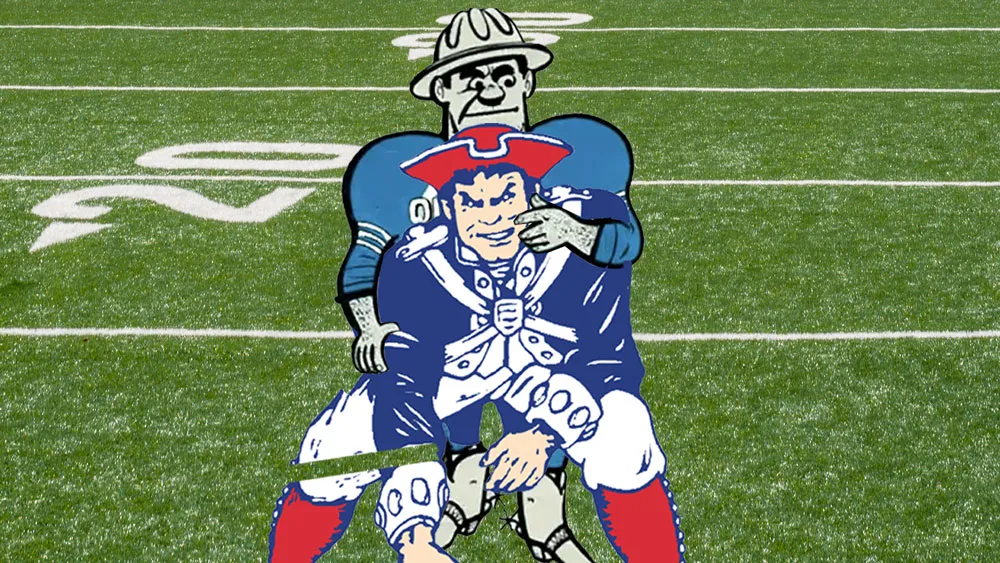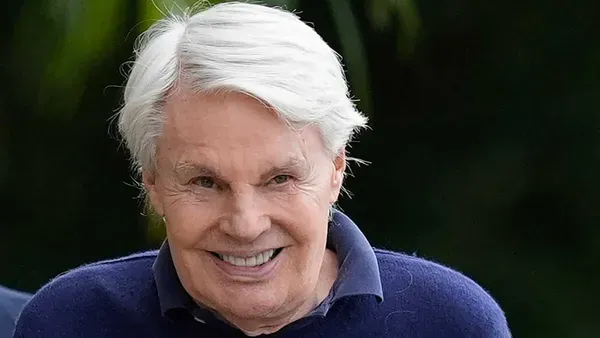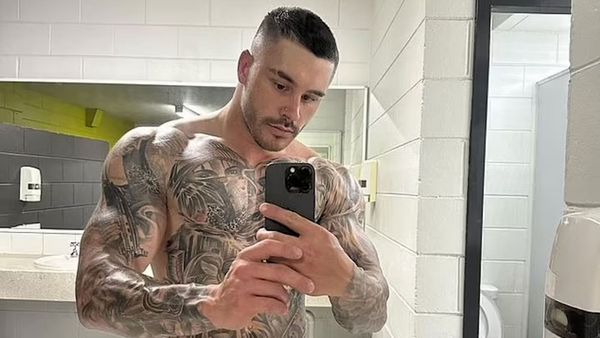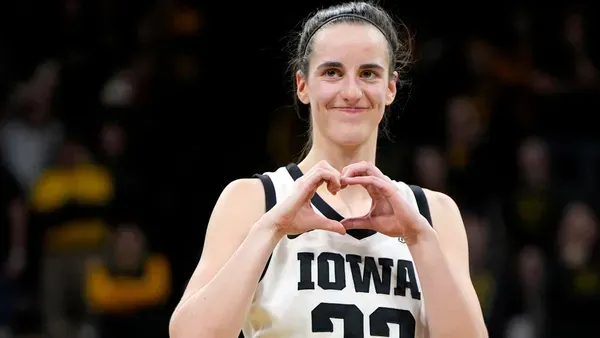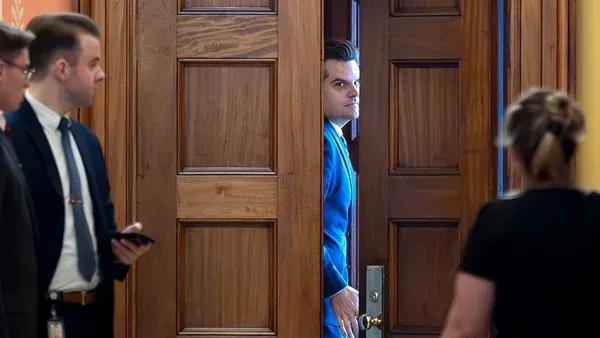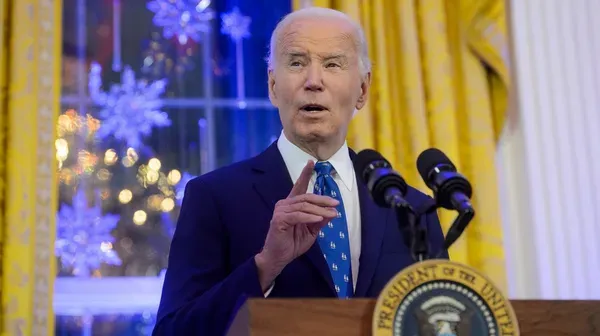
Feb 27
Police Find Bodies of Sydney Couple Allegedly Killed by Jilted Police Lover
Rod McGuirk READ TIME: 3 MIN.
Police on Tuesday found the bodies of a couple allegedly shot dead by a jilted police officer lover.
Police on Tuesday discovered the bodies of former television reporter Jesse Baird, 26, and his flight attendant partner Luke Davies, 29, who were allegedly shot dead in Baird's Sydney home on Monday last week.
The crime prompted Sydney Gay and Lesbian Mardi Gras organizers to ask police not to march at their annual parade this weekend, a decision the police commissioner said she would urge them to reconsider.
New South Wales Police Force Senior-Constable Beau Lamarre-Condon, who dated Baird until late last year, was charged on Friday with the murders of both men.
Police said Lamarre provided them with information early Tuesday that led them to the bodies, which were found in a rural area around 200 kilometers (124 miles) southwest of Sydney.
The Mardi Gras' board said LGBTQIA+ communities across Australia had been devastated by the loss of the couple, who had planned to celebrate at the parade on Saturday.
"The Sydney Gay and Lesbian Mardi Gras Board feels that having the NSW Police march this year could add to the distress within our communities, already deeply affected by recent events. The Board has taken the decision to request that the Police do not march in the 2024 Parade," the board said in a statement late Monday.
"This decision was not made lightly, especially considering that many NSW Police members who participate in the Parade are also members of the LGBTQIA+ community and are navigating the impact of this tragedy alongside us. However, we believe that their participation at this year's event could intensify the current feelings of sorrow and distress," the board added.
The board noted that the 28-year-old alleged killer had participated in the parade in the past.
Police Commissioner Karen Webb, who has taken part in the annual march since 2006, said she would meet with the organizers on Tuesday to urge the board to reconsider its decision.
"We're not dealing with a gay hate crime here. We're dealing with a domestic homicide and ... I'm disappointed (by) the position that Mardi Gras board has taken on this issue," Webb said.
"This time, more than any in our society, it's time to come together. We're talking about inclusion, we're talking about diversity and to exclude part of that community, I think, sends a wrong message," Webb added.
Independent state lawmaker and gay activist Alex Greenwich agreed with Webb that police should be allowed to march.
"It's really important that the LGBTQ community know that the police are there to protect us, that we can report crime to them. That said, a lot of work needs to be done on the police's side here," Greenwich said.
State opposition lawmaker Jacqui Munro said the state government should withdraw funding from the event, which had become a major tourist drawcard, over the exclusion of police.
"The idea that the government is supporting something where an organization has told a whole organization based on the actions of a few to stand in the naughty corner is unacceptable," Munro said.
State Premier Chris Minns said he hoped police would be allowed to march, but ruled out withdrawing government funding.
"I'm not going to do that. There's hundreds of thousands of people on their way to Sydney as we speak. That would end the march for this year, it wouldn't take place, and how would that help the situation as it currently stands?" Minns said to reporters.
Other floats would have boycotted the parade if police were allowed to march due to grief and extreme anger in the community, said Pride in Protest spokeswoman Charlie Murphy, a Queer community activist.
The Mardi Gras began in 1978 as a Sydney street protest against homosexual discrimination that was violently broken up by police. Uniformed police officers have been marching since 1998 as a gesture of respect and support.
Sydney-born Prime Minister Anthony Albanese said relations between police and the LGBTQ community had come a long way since 1978.
"I think it's been very good that the police have marched," Albanese said.
"The relationships have been turned around and have been positive, but I understand that the Queer community in Sydney, in particular, are grieving what is an enormous tragedy," he added.
